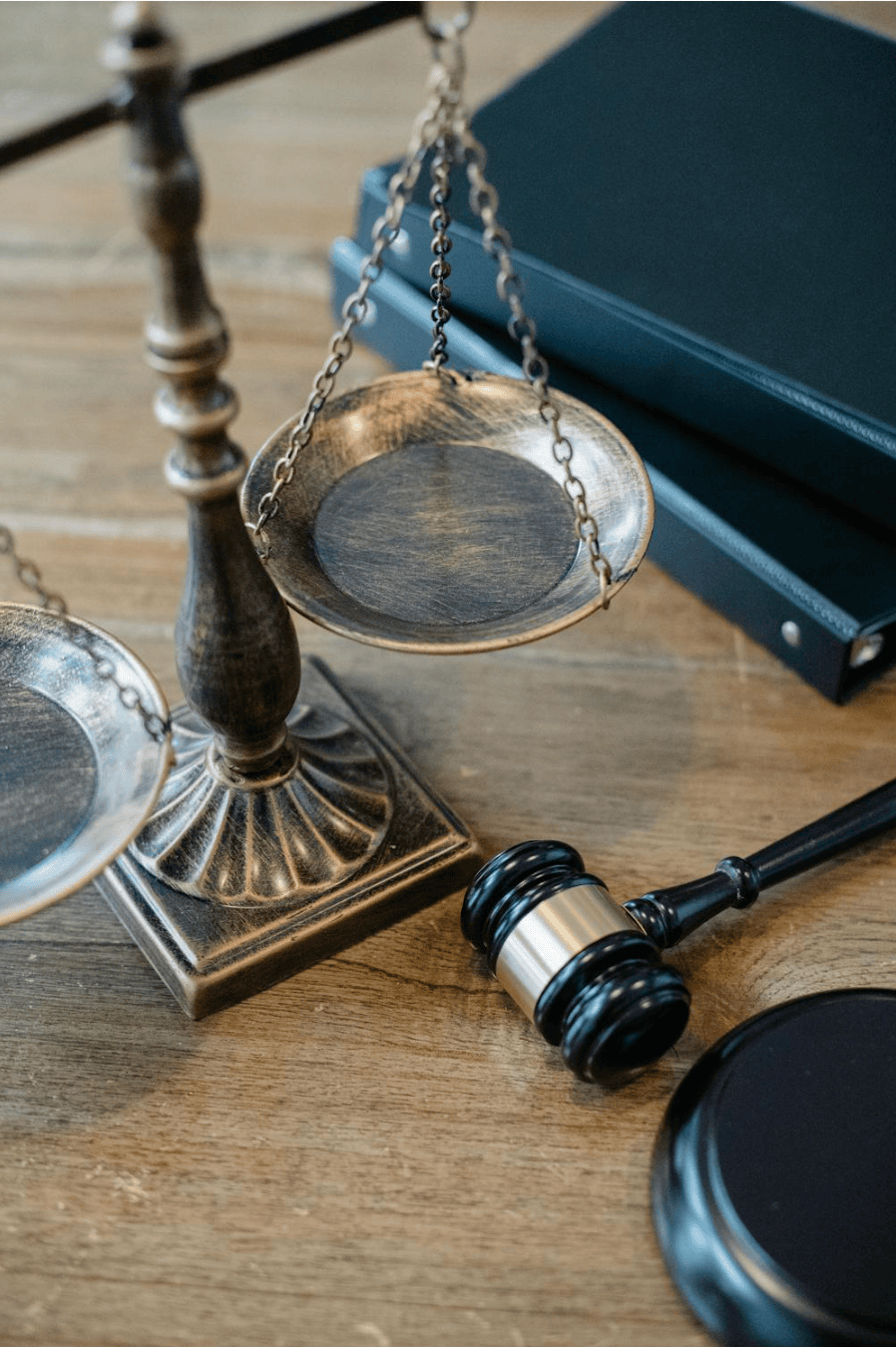Understanding and navigating the legal landscape is crucial for landlords in Gatineau. Compliance with local and provincial laws helps protect your property investment and ensures a smooth relationship with your tenants. This blog will guide you through key legal considerations and best practices for landlords in Gatineau.
1. Understanding Quebec’s Tenancy Laws
Rental Board (Régie du logement): Quebec’s rental board, the Régie du logement, oversees landlord-tenant relations. Familiarize yourself with its role, as it handles disputes, rent increases, and other legal matters.
Lease Agreements: Quebec requires specific lease agreements that must be used for residential rentals. Ensure you are using the latest version and that all required information is included.
Rent Control: Quebec has rent control measures in place. Understanding how rent increases are regulated and the allowable percentage increase is essential to stay compliant.
2. Tenant Rights and Responsibilities
Security Deposits: Unlike many other provinces, Quebec does not allow landlords to collect security deposits. However, you can require the first month’s rent in advance.
Maintenance and Repairs: Landlords are responsible for maintaining the property in good condition and making necessary repairs. Tenants have the right to a habitable living environment.
Privacy and Access: Landlords must respect tenants’ privacy and provide proper notice before entering the rental unit, typically 24 hours in advance unless there is an emergency.
3. Lease Termination and Eviction
Terminating a Lease: In Quebec, leases automatically renew for another term unless proper notice is given. Understand the required notice periods for both landlords and tenants.
Grounds for Eviction: Eviction can only occur under specific circumstances, such as non-payment of rent, significant damage to the property, or the landlord needing the property for personal use. Follow the legal process to avoid disputes.
4. Handling Disputes
Mediation: The Régie du logement offers mediation services to resolve disputes between landlords and tenants. Mediation can be a cost-effective and efficient way to address issues.
Legal Action: If disputes cannot be resolved through mediation, landlords may need to take legal action. Be prepared to present evidence and comply with legal procedures.
5. Health and Safety Regulations
Fire Safety: Ensure your property complies with fire safety regulations, including working smoke detectors, fire extinguishers, and clear exit routes.
Building Codes: Adhere to local building codes and standards to ensure the safety and integrity of your rental property.
6. Insurance Requirements
Landlord Insurance: Having adequate landlord insurance protects against property damage, liability, and loss of rental income. Review your policy regularly to ensure sufficient coverage.
Tenant Insurance: Encourage or require tenants to obtain renters insurance to cover their personal belongings and liability. This can prevent disputes and protect both parties.
7. Staying Informed
Continuous Education: Laws and regulations can change. Stay informed by regularly reviewing updates from the Régie du logement, attending landlord associations, and consulting legal professionals.
Professional Advice: Consult with a real estate attorney or property management expert to ensure you are fully compliant with all legal requirements and best practices.
Conclusion
Navigating the legal landscape for landlords in Gatineau involves understanding and complying with Quebec’s tenancy laws, respecting tenant rights, handling lease terminations correctly, and staying informed about legal changes. By following these guidelines and seeking professional advice when necessary, you can manage your rental property effectively and avoid legal pitfalls. Embrace these practices to protect your investment and maintain a positive landlord-tenant relationship in Gatineau.


